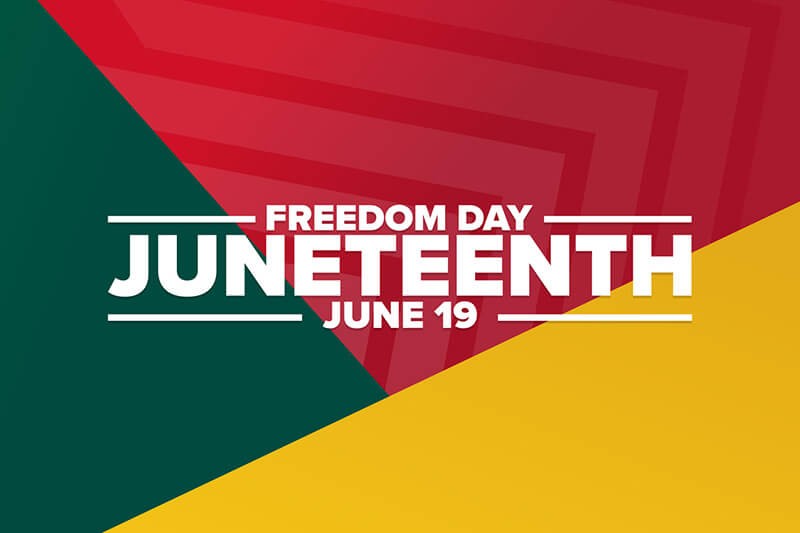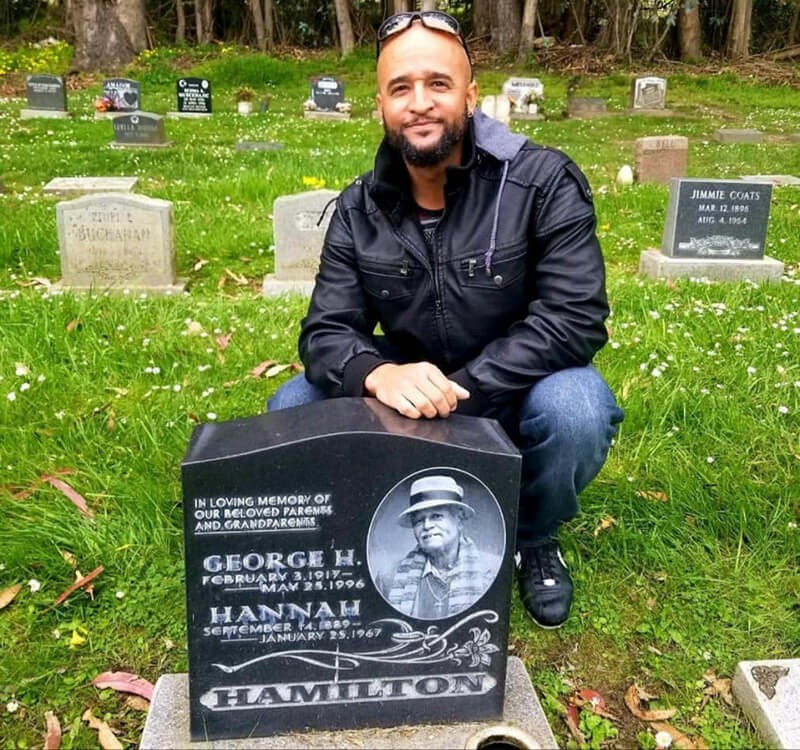Blog Free-ish? Juneteenth Reminds Us Freedom is All Relative
By Megan Amdahl / 20 Jun 2022

This week, our Afro-Professionals and Allies at Insight resource group has gone to great effort to help our organization understand the significance of Juneteenth National Independence Day. Also known as Freedom Day, Juneteenth commemorates the freedom of enslaved people in the United States. Royce Hamilton, a services business development manager on our hardware service operations team, shares how we still have room for growth to ensure we’re all able to experience the same meaning of true “freedom.” I hope you’ll take a few minutes to reflect on his thoughts here ...

This Juneteenth, I observe the current state of our nation and our value of freedom above all else. Our nation is in what seems to be endless debates about everything from gun violence to women’s reproductive rights; from Critical Race Theory to the cost of a tank of gas; from the availability of baby formula to growing economic inequality, predatory housing rental markets and a rise in working homelessness.
It is not always clear how little or how much these issues impact us. What is clear is the inequitable experience of these issues, paralleled with our inequitable experiences of freedom.
When Gordon Granger and his Union soldiers landed in Galveston, Texas, in 1865, it meant the end of slavery in this nation as we knew it. But with this newfound freedom came Black Codes: strict laws that effectively brought Blacks back under legal servitude due to an unfortunate loophole in the 13th Amendment. Those forms of legal servitude included mass incarceration and labor camps. Many of these laws were enforced by policemen and judges who were former Confederate soldiers. Through these laws, the American institution of politics was being used to criminalize Black skin. Imagine if you can, an entire race of people — liberated for less than a year after 246 years of forced and brutal servitude — free only on paper.
By 1877, Jim Crow Laws gave rise to a new American reality. Local governments, national political parties and even the president prevented efforts meant to support the progress of Black Americans. By law, segregation was enforced in every aspect of life, including the terrorization of Black communities, and would continue until 1968. The Ku Klux Klan, a terrorist group dedicated to white supremacy, mobilized to become one of the most powerful social and political forces in the country.
When Blacks fought for their rights as citizens to vote, for jobs typically held by white counterparts, for ownership of property, and even to create their own self-sustaining communities, they were lynched, arrested or suffered some other form of retribution. This was the Black freedom experience of the time — steeped in the fear of lynching, injustice and unfair treatment at every turn.

In the 1940s, my grandfather was part of the World War II labor migration. He, my father and my aunt traveled from Louisiana to Northern California, where they settled in the housing projects of Hunters Point, San Francisco. Hundreds of thousands of Black people fled the domestic terrorism in the South in hopes of achieving a greater sense of freedom beyond the Mason-Dixon. They soon discovered Jim Crow had also traveled north and across the country.
Black families were denied access to programs funded by The New Deal, which allowed white families to leave temporary housing within a few years. During the ‘50s and ‘60s, America experienced great prosperity. It enabled white Americans to achieve the middle-class American dream while simultaneously funneling Black Americans into urban housing projects and inner-city neighborhoods, which were no longer subsidized for upkeep.
For Black working-class families, including my grandfather and his children, the public housing experience was, by design, a long-term fixture thanks to policies like redlining and racial covenants preventing Blacks from transitioning to newly built suburbs. The freedom experience of my family, and so many other Black families of the time, was housing discrimination and racially biased legislation, which are sadly still practiced today.
Perhaps, in the United States, freedom is the right for people to fight for the continued expansion of equal justice. It is believing in the possibility of a diverse society that is more inclusive and equitable, and refusing to accept unjust byproducts of social norms sanctioned by a powerful few.
Perhaps freedom is the unheard being empowered to speak loudly about their experience — their truth — in hopes of creating a better reality for all.
As freedom and democracy continue to mature and develop, we must continue to inspect unequal applications that seek to expand the freedom of some while limiting the freedom of others. This is necessary if we are all to truly be … free.







